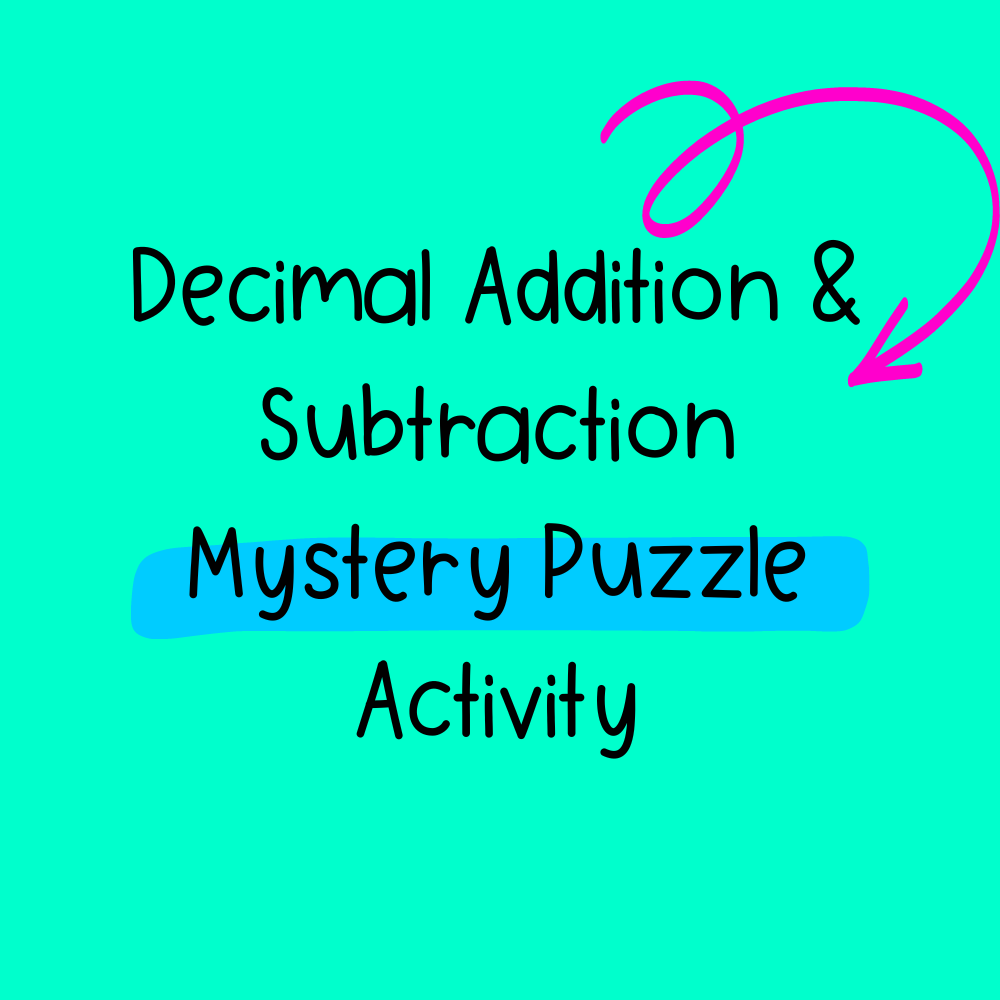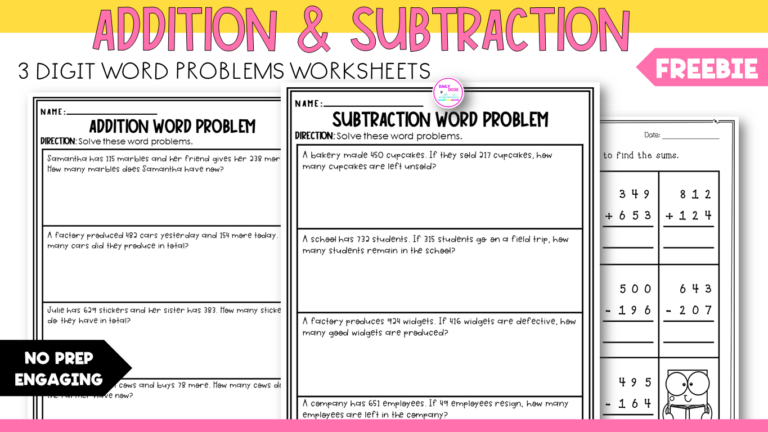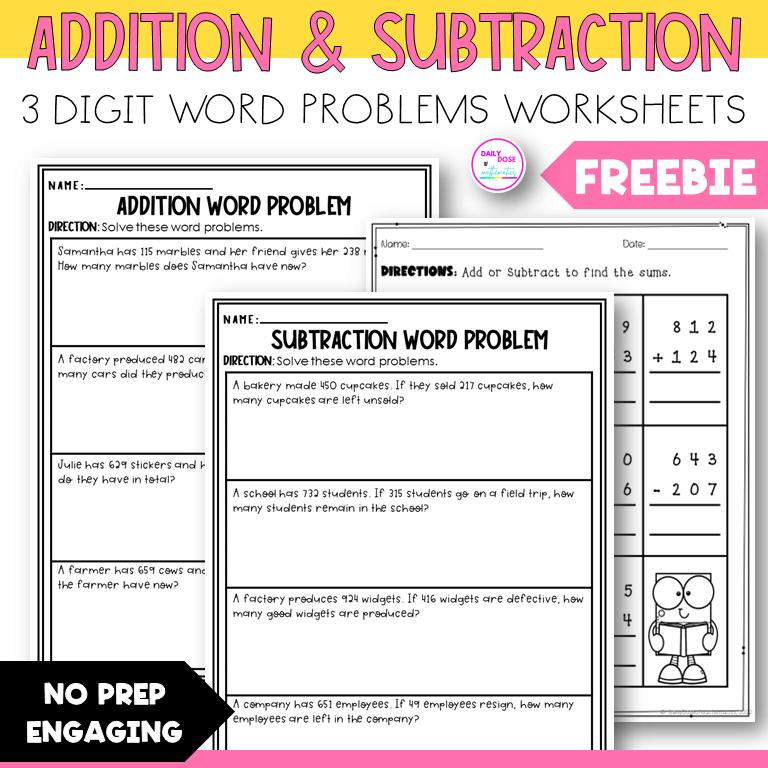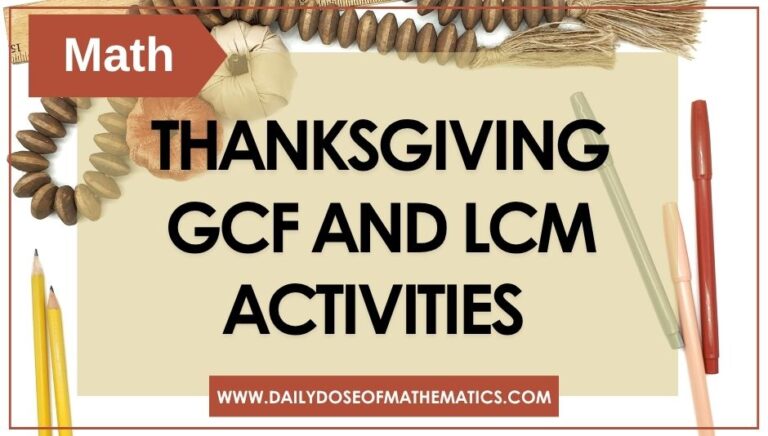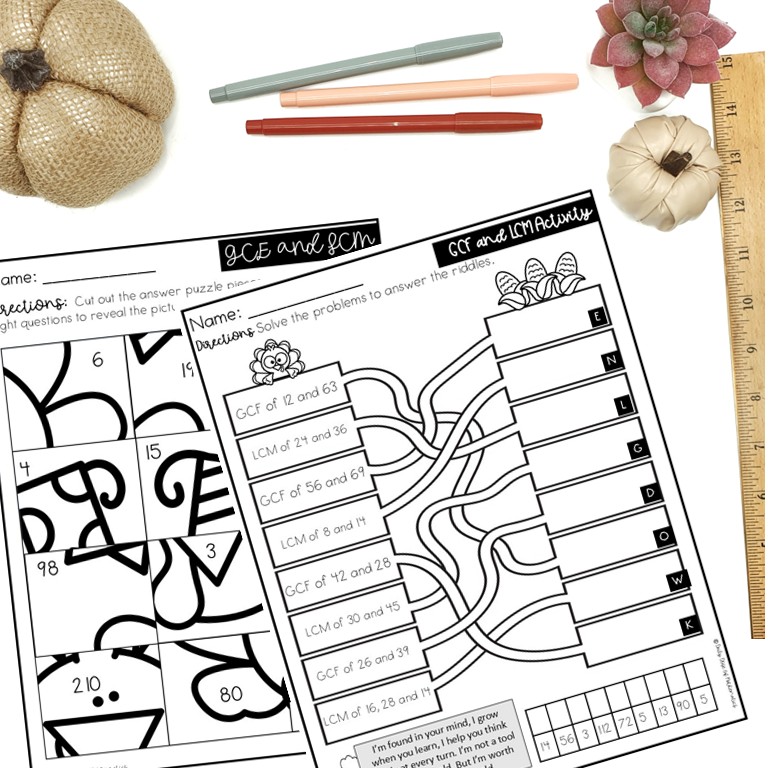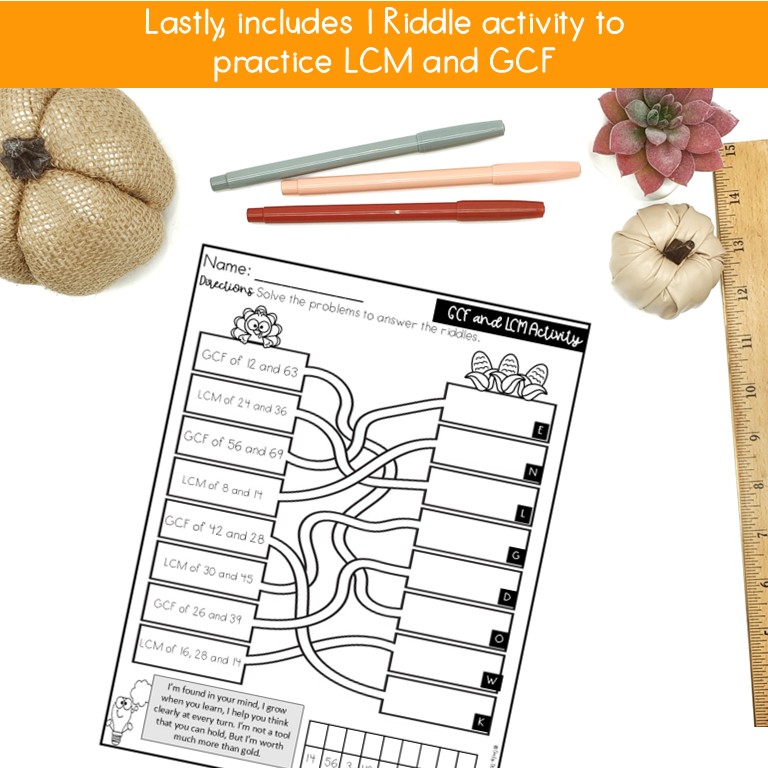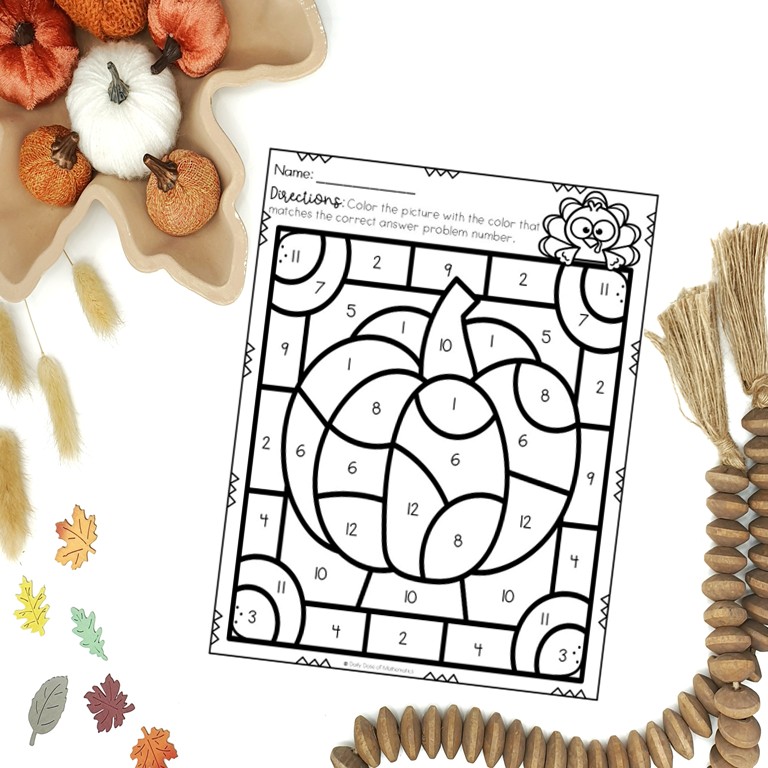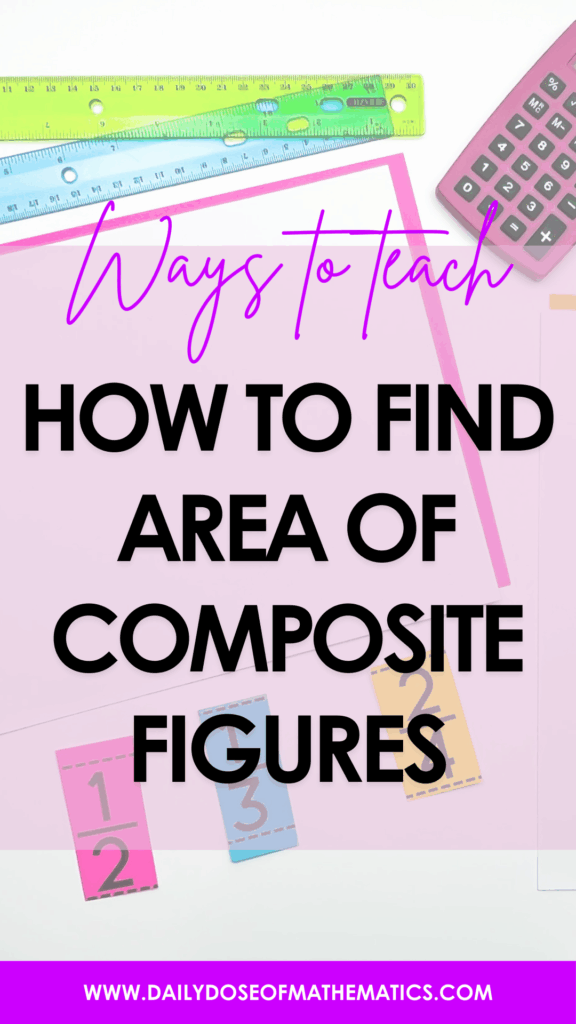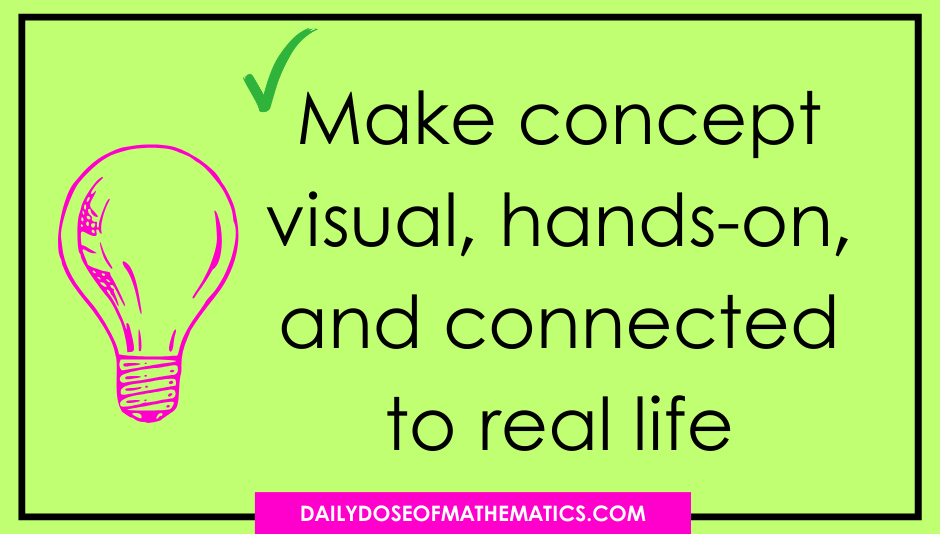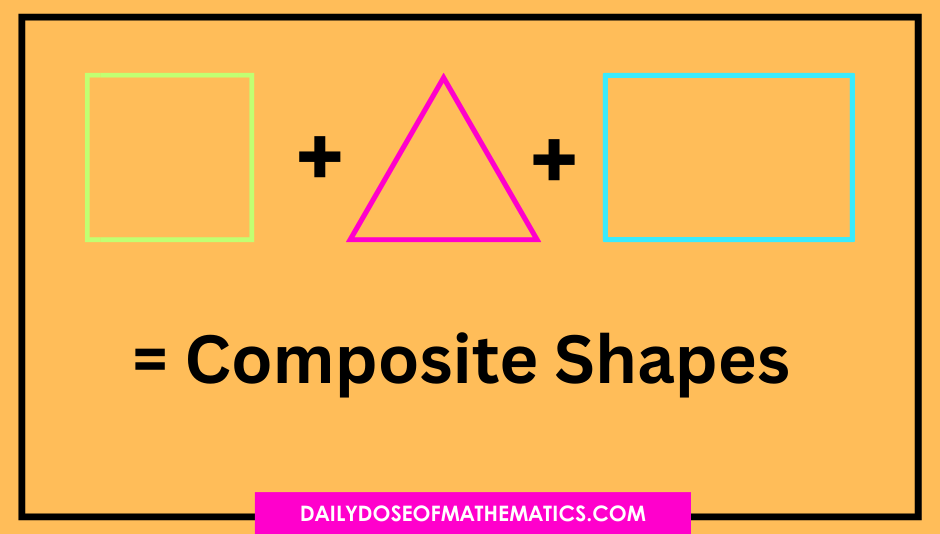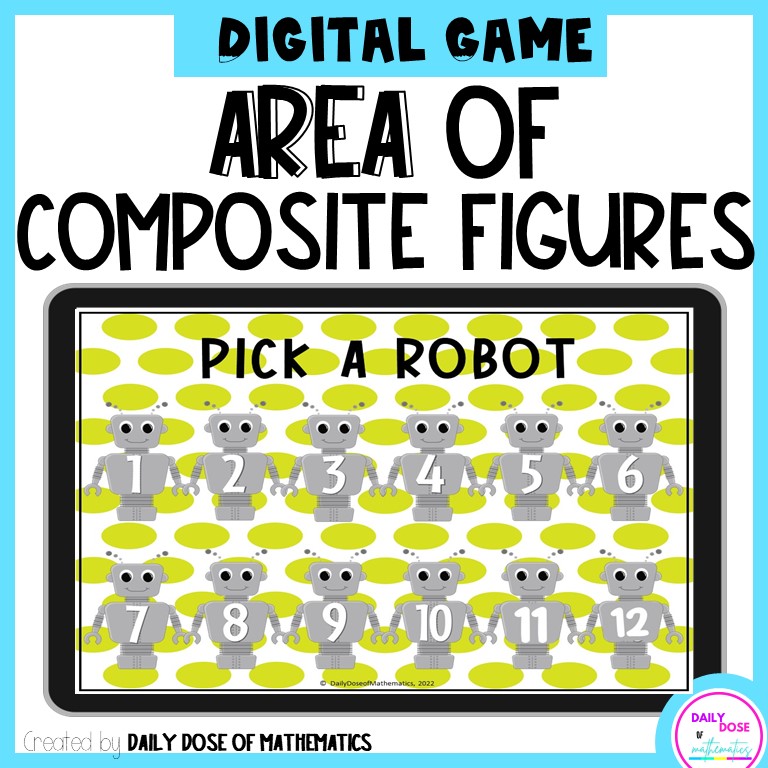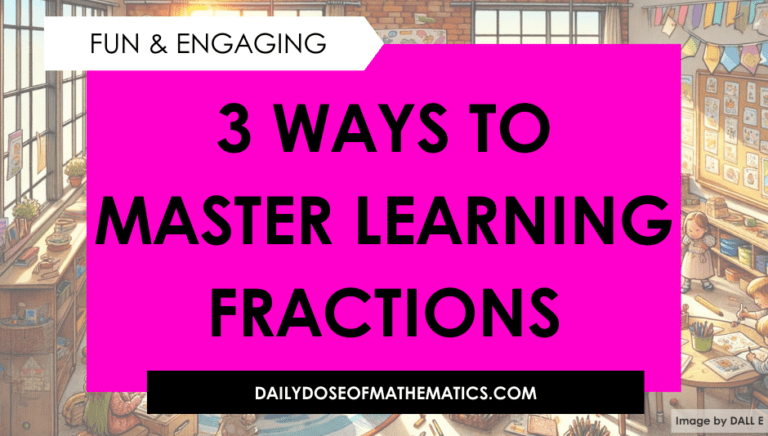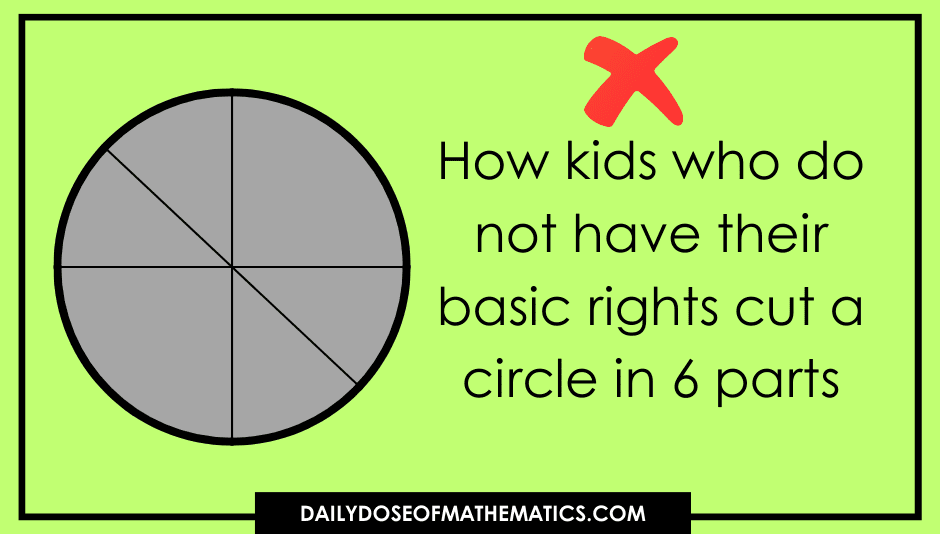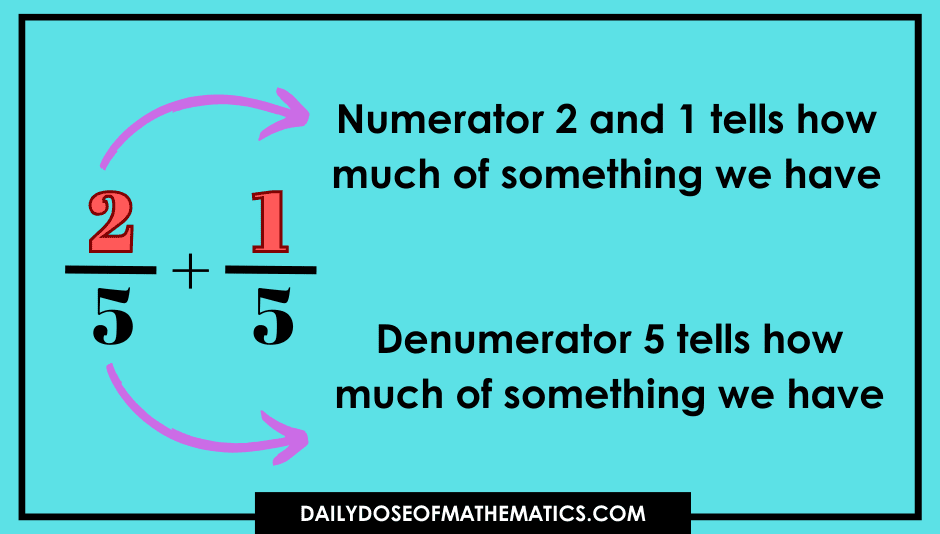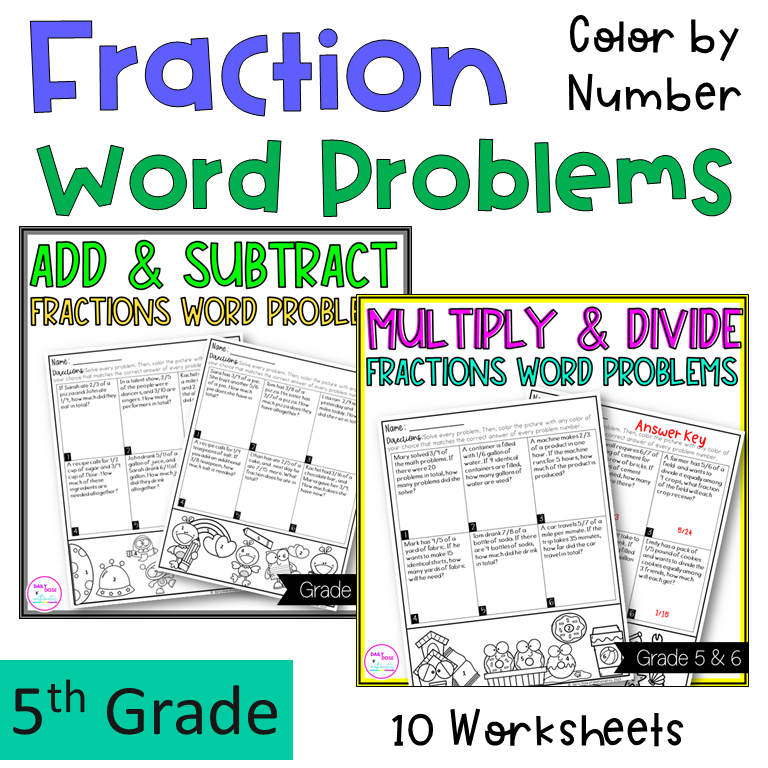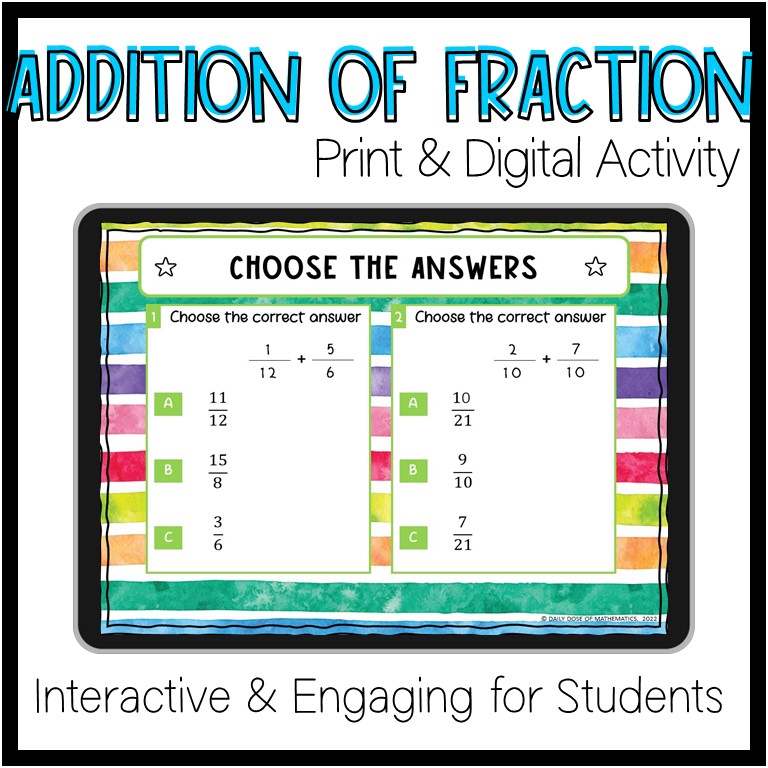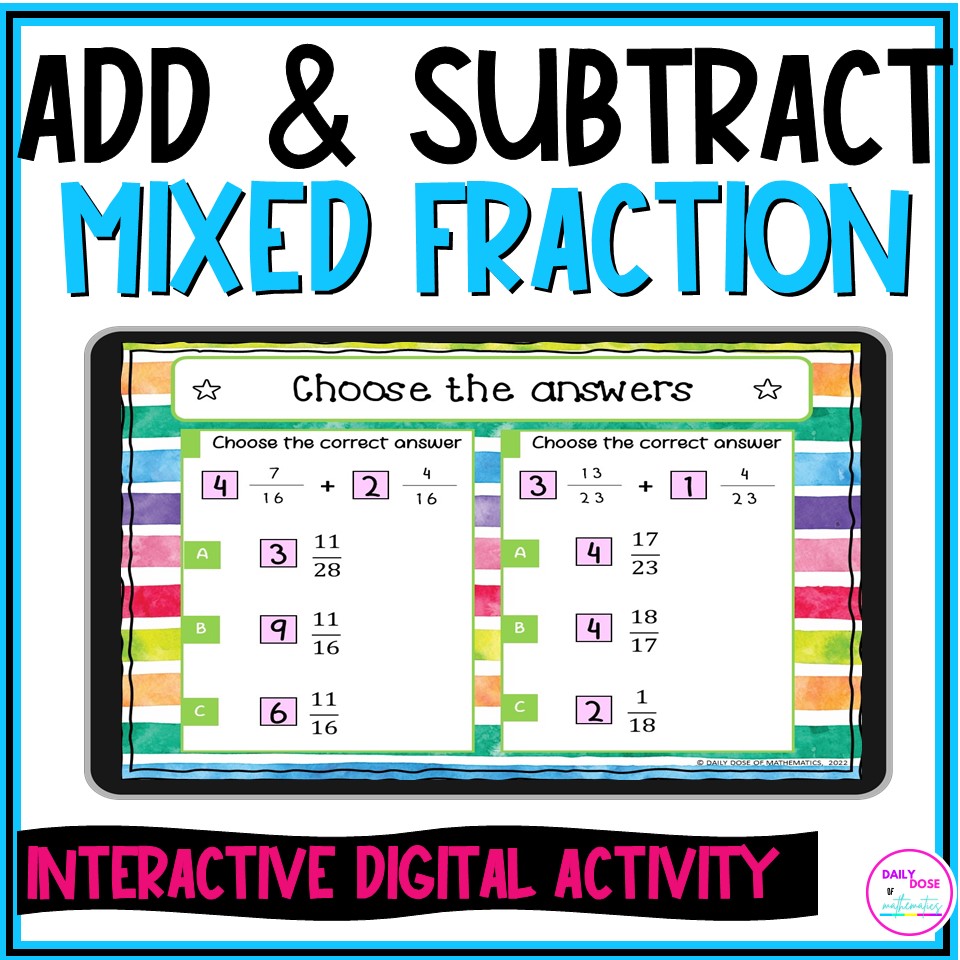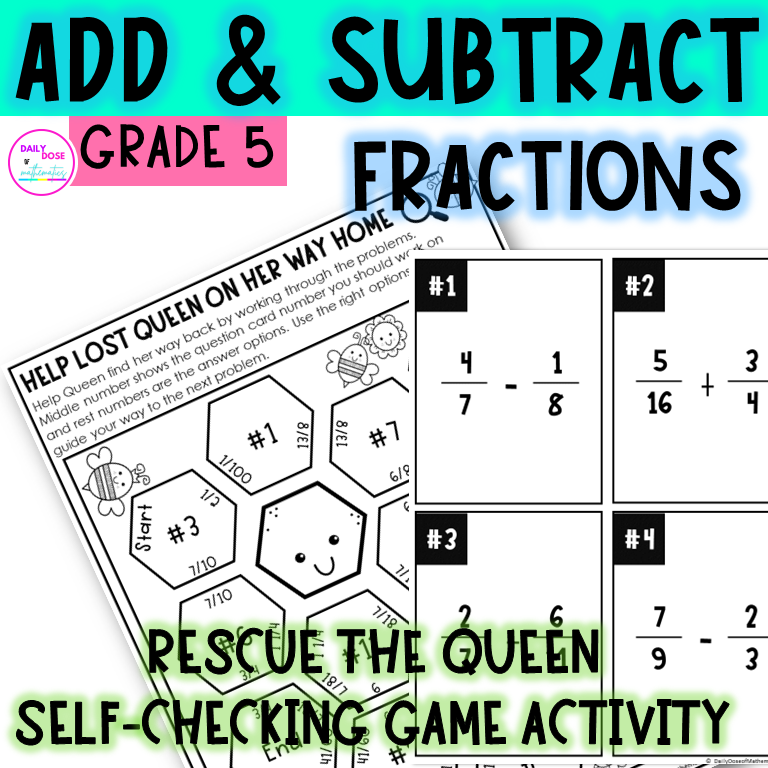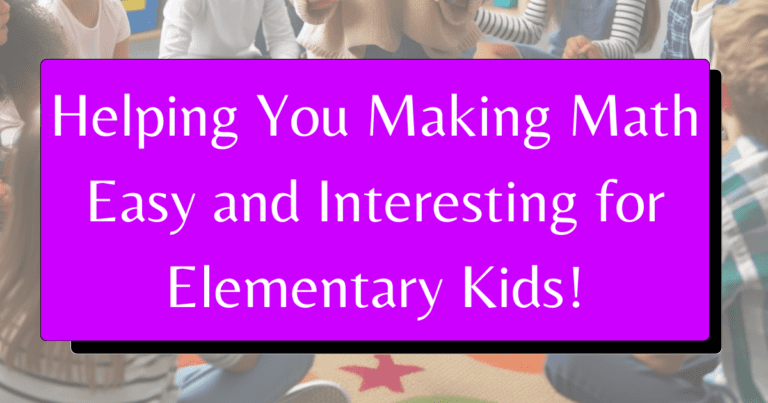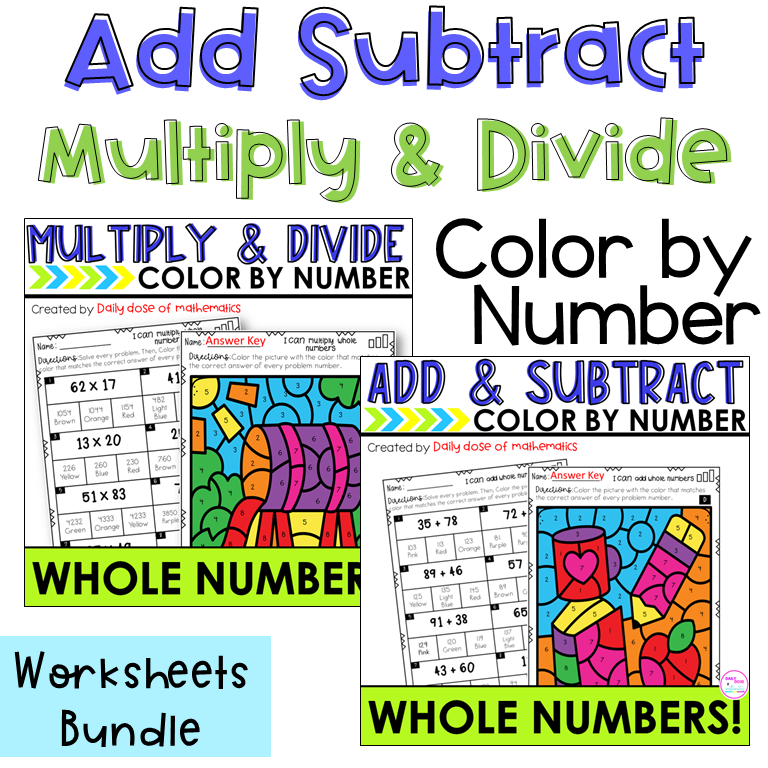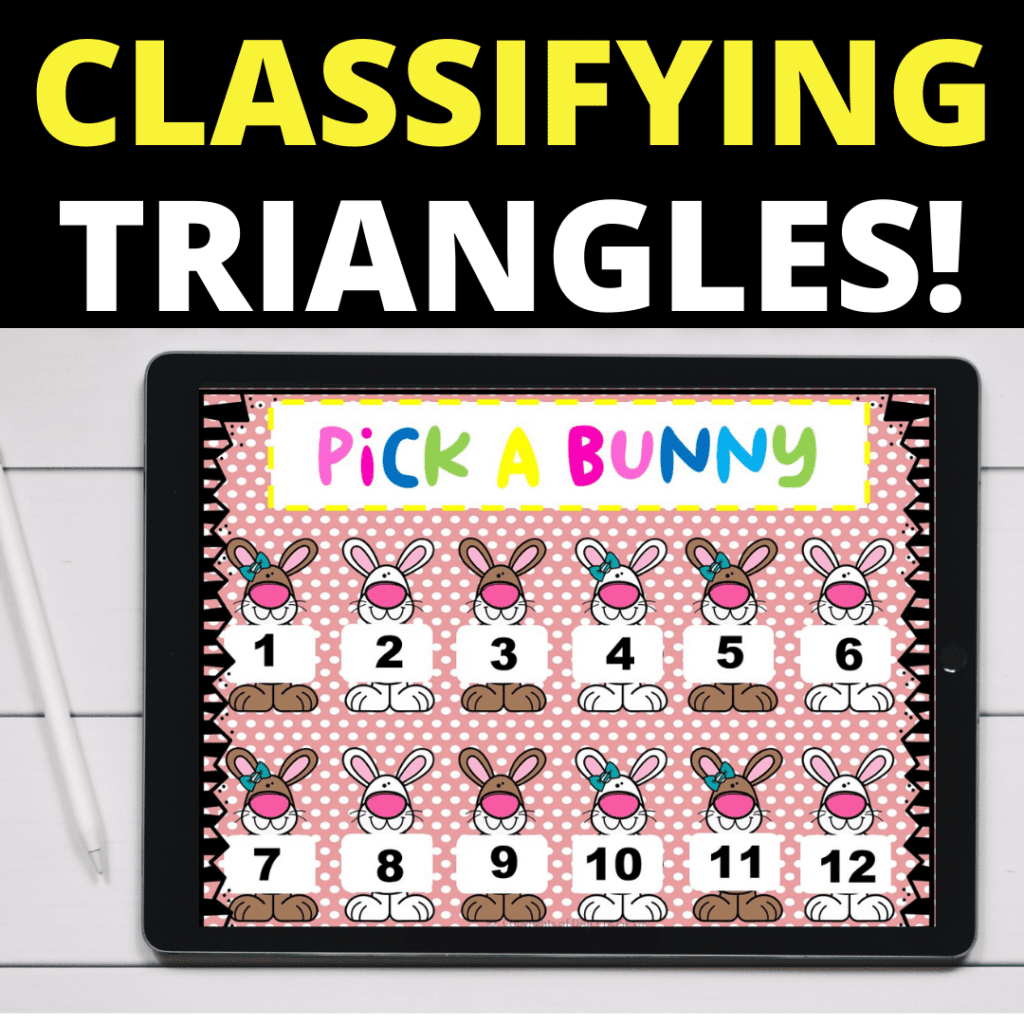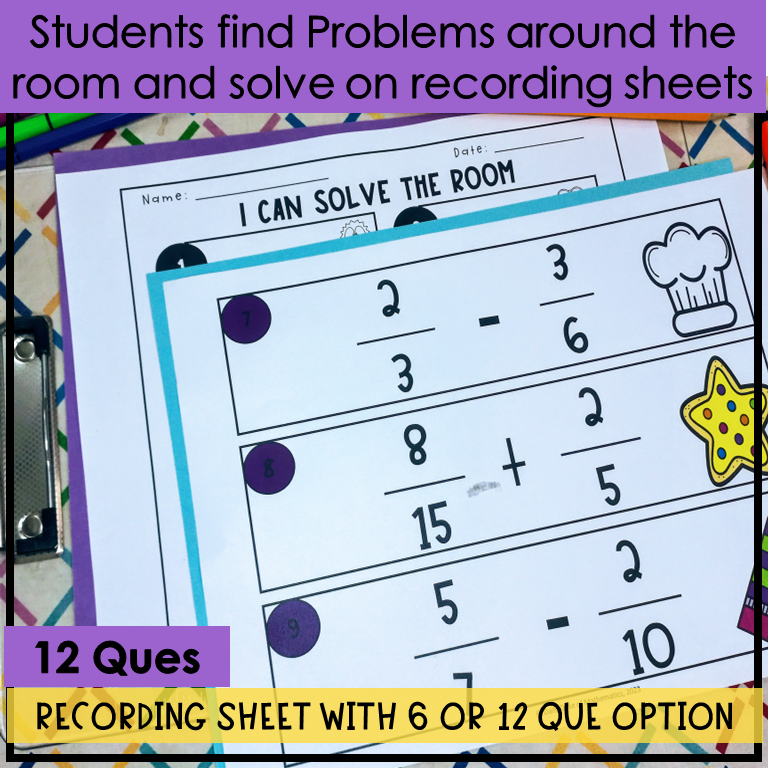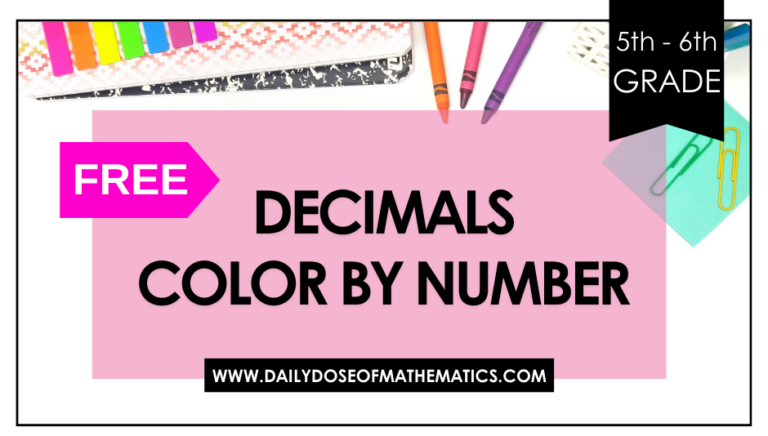Free Adding and Subtracting Decimals Activities PDF for 5th Grade
Are you a 5th grade math teacher trying to figure out more ways to help your students? Try using this engaging and no prep printable adding and subtracting decimals activities PDF for a lesson that’s full of both fun and learning at the same time.
Using fun activities makes your students master adding and subtracting decimals with ease. These engaging worksheets are designed to make decimal decimal operations fun and accessible.
In this blog, we are talking about helping you to build confidence and proficiency in your student’s abilities to add and subtract decimals using mystery puzzle activities.
Why should you teach decimal operations?
It’s a very important skill to teach your students how to add, subtract, multiply, and divide decimals.
The knowledge that your students gain by building this particular skill is very important in their daily lives while dealing with height, weight, money, etc.
But before this, they need to nail down their basic about decimal place values.
Having prior knowledge of decimal place values, your students will be better able to understand decimal operations like adding and subtracting decimals.
Here are a few resources you can try in your classroom for teaching decimal addition and subtraction:
Engaging Adding and Subtracting Decimals Activities PDF
Keep in mind you need to build up your student’s basic understanding of decimal numbers before your use this printable mystery puzzle activity for review work.

Adding and Subtracting Decimals Mystery Puzzle Activity
You want to review adding and subtracting decimals for your 5th grade math students, and your goal is to make them capable enough to be able to think independently of the math problems.
Why not try these no prep adding and subtracting decimals activities PDF with mystery puzzle worksheets? Here is an example of how it looks:
How does this activity work?
First, print the activity page and cut the puzzle pieces on the right side of the page. You can even tell your students to cut the pieces themselves.
Second, they solve the problem of adding and subtracting decimals on the left side of the page. They can use the block they are working on to show their work or even use the back side of the page to show.
Lastly, they find the puzzle picture with the answer they have found and paste it on that specific question. Encourage them to keep on working until they reveal the mystery picture.
Adding and subtracting decimals activities 5th grade mystery puzzle not only helps them with their decimal problem solving skills but also lets them wonder what mystery lies ahead of them.
If you are interested in the free printable adding and subtracting decimals activity, fill in the form below with your name and email address, and it will be delivered to your inbox.
Click here to download PDF. The activity has an answer key, just in case your kiddos get stuck while solving the puzzle. I hope you found this post helpful.
Need help? I am just an email away.
Contact me at [email protected]
Join in to get special FREEBIES and Insider’s FUN!

